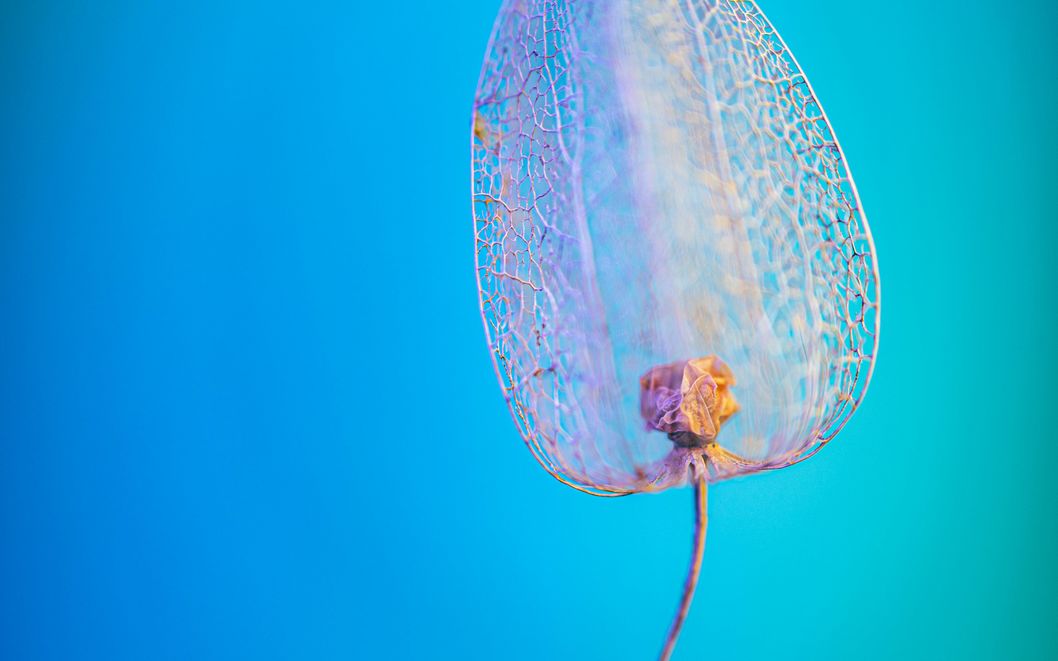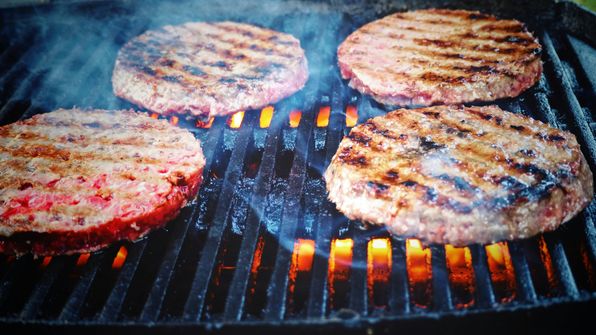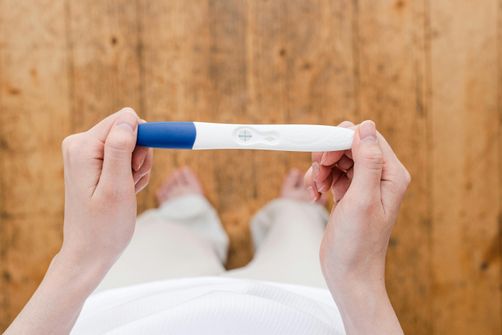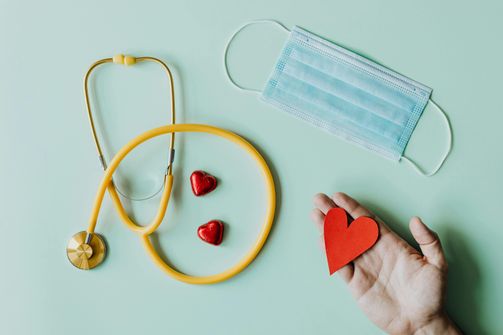
Social Success on the Carnivore Diet: Tips for Staying Committed at Gatherings and Restaurants
Social gatherings often mean a spread of carb-heavy foods and tempting desserts that can make sticking to the carnivore diet feel tricky. But with a b...

If you’ve recently had your gallbladder removed, you might be wondering how to adjust your diet to keep your digestion running smoothly. Well, I’ve got some tasty tips to help you manage this transition.
Let’s dive into the best diets for 2024 that are tailored for women without a gallbladder, focusing on foods that are gentle on your digestive system while still delicious.

After gallbladder removal, your body needs to adapt to a new way of digesting fats since the gallbladder is no longer there to help store bile. A low-fat diet helps ease this transition by reducing the amount of fat your body needs to digest.
Why It Works: Without a gallbladder, bile flows directly from your liver to your small intestine, making fat digestion less efficient. Following a low-fat diet—typically one that includes no more than 30% of your daily calories from fat—can help minimize symptoms like bloating, gas, and diarrhea, which up to 40% of people experience post-surgery.
Easy Switch: Opt for lean proteins like chicken breast or fish, and use cooking methods such as grilling, baking, or steaming to avoid adding extra fat.
One of the most effective strategies after gallbladder removal is to eat smaller, more frequent meals. This approach prevents overloading your digestive system with too much food at once, which can lead to discomfort.
Why It Works: Smaller meals are easier for your body to digest and reduce the likelihood of post-meal bloating or nausea. This method helps keep your digestive process smooth and steady, making it easier for your body to handle the changes after surgery.
Quick Tip: Try having four to six small meals a day instead of three large ones. Think snacks like yogurt with berries, a handful of nuts, or a small salad with lean protein.
Fiber is your friend, especially when it comes to digestive health after gallbladder surgery. A high-fiber diet can help manage post-surgery constipation and regulate your bowel movements.
Why It Works: Fiber adds bulk to your stool and helps it pass more easily through your digestive tract. Women recovering from gallbladder surgery can benefit from foods rich in soluble fiber, such as oats, beans, fruits, and vegetables, which help regulate digestion without overwhelming your system.
Fun Fact: Not all fiber is created equal! Soluble fiber is the type you want to focus on, as it’s easier on your digestive tract than insoluble fiber, which can sometimes exacerbate symptoms.
If you’re looking to boost your nutrition while keeping your digestion light, a plant-based diet might be just what you need. This diet emphasizes fruits, vegetables, legumes, and whole grains, which are naturally low in fat and high in fiber.
Why It Works: Plant-based diets are rich in nutrients and easy on the digestive system, making them ideal for women without a gallbladder. By avoiding heavy meats and processed foods, you give your body the nutrients it needs without the added strain of digesting complex fats.
Plant-Powered Swap: Replace meat with beans, lentils, or tofu in your favorite recipes. You’ll get plenty of protein without the heavy fat load.
A: After gallbladder removal, it’s best to focus on a low-fat diet that includes lean proteins, such as chicken, fish, and tofu, and high-fiber foods like fruits, vegetables, and whole grains. Eating small, frequent meals can also help your digestive system adjust to the absence of the gallbladder.
A: Yes, you can eat dairy products, but it’s best to choose low-fat or fat-free options. Full-fat dairy products can be harder to digest and may cause discomfort or diarrhea. Stick to yogurt, skim milk, and low-fat cheeses to help manage symptoms after surgery.
A: A plant-based diet is naturally low in fat and high in fiber, which can help support digestion and reduce the likelihood of gastrointestinal discomfort after gallbladder removal. Foods like fruits, vegetables, legumes, and whole grains are easier to digest and can prevent constipation.
A: After gallbladder surgery, it’s best to avoid high-fat foods, such as fried foods, fatty cuts of meat, and full-fat dairy products. Additionally, spicy foods, caffeine, and alcohol can irritate the digestive system and should be consumed with caution or avoided entirely.
A: Diarrhea is a common issue after gallbladder removal due to bile flowing directly into the intestine. To manage diarrhea, stick to a low-fat diet, eat smaller, frequent meals, and avoid foods that may trigger symptoms. Incorporating soluble fiber, such as oats and bananas, can help regulate bowel movements.
A: Yes, bloating is a common symptom after gallbladder removal. It can occur as your body adjusts to a new way of digesting fats. Eating slowly, avoiding carbonated drinks, and choosing smaller meals can help reduce bloating. Gradually reintroducing foods and monitoring your body’s reactions can also be beneficial.
Navigating life without a gallbladder might seem daunting, but with the right diet, you can still enjoy delicious meals without discomfort. Whether you’re focusing on low-fat options, incorporating more fiber, or going plant-based, these diets can help you manage your symptoms and enjoy food again. Here’s to a smooth and tasty recovery journey in 2024! Remember, always consult with a healthcare provider before making any major dietary changes.

Social gatherings often mean a spread of carb-heavy foods and tempting desserts that can make sticking to the carnivore diet feel tricky. But with a b...

The carnivore diet is often seen as straightforward: eat meat, keep it simple. But adapting it seasonally can bring freshness, variety, and local flav...

The carnivore diet has become increasingly popular, but like any extreme dietary approach, it raises important questions—especially for women concerne...

The carnivore diet has gained attention globally, but women’s experiences and cultural approaches to animal-based eating vary widely depending on wher...

Living with Chronic Obstructive Pulmonary Disease (COPD) can make everyday activities feel like a marathon, especially for women who are juggling heal...